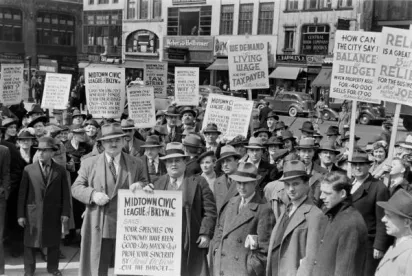The UK’s anti-slavery commissioner resigns
On 17 May 2018, the UK’s Independent Anti-Slavery Commissioner, Kevin Hyland OBE, announced his imminent resignation. While praising the Prime Minister’s leadership in the fight against modern slavery, he expressed concern about Home Office interference with the role, and the hope that any future Commissioner would be assured of independence.
Mr Highland’s term has spanned a critical period of UK actions aiming to tackle modern slavery. He was appointed in November 2014 as a ‘designate’ Commissioner ahead of the introduction of the UK’s Modern Slavery Act 2015 (“the UK Act”), and has since worked to advise other countries in their efforts to develop similar legislation as part of this role.
Following the UK’s recent leadership, other jurisdictions are now exploring legal mechanisms and options for enforcement with the aim of encouraging businesses to take steps to minimise slavery risks in their global operations and supply chains.
Emerging modern slavery legislation in:
(1) Australia
Australia’s government plans to introduce new modern slavery legislation during the next few months which – similar to the U.K. legislation would require 3,000 commercial organisations to report on slavery, trafficking, servitude, forced labour and forced marriage. Statements would be stored in an accessible public repository, and the government has also promised to establish an Anti-Slavery Business Engagement Unit and to lead by example by publishing its own annual Commonwealth procurement statement.
A new regional bill was also passed by the New South Wales parliament in June 2018. This bill also contains company reporting requirements, introduces certain public modern slavery functions and procedures, and establishes preventative enforcement powers and penalties for various slavery and reporting offences.
(2) Hong Kong
Hong Kong Legislative Council members recently proposed a draft modern slavery bill, arguing that Hong Kong’s laws fail to “meet the minimum global standard” for addressing modern slavery, and that legislative action should be taken to diminish the risk of being “shamed or even sanctioned”.
The drafted Modern Slavery Bill 2017 would also require certain companies to publish annual slavery and human trafficking statements. It would also introduce new ‘indictable’ criminal offences related to slavery, enabling money laundering prosecutions to be brought against offenders, and would empower courts to make special preventative orders. In addition, the bill would empower victims to bring civil claims against perpetrators or others who benefitted financially, or received anything of value, through involvement in a venture that they knew, or should have known, would involve slavery.
The Modern Slavery Bill was discussed at a meeting of the Panel of Security of the Legislative Council on 5 June 2018, but the parties did not reach a consensus regarding the Bill. The discussion will continue at a later date. The Legislative Council has not confirmed the timetable for this discussion at this stage.
Implications
Although the UK was one of the first countries to introduce modern slavery legislation, it appears unlikely to be the last. Global businesses should continue to monitor emerging laws and enforcement measures around the world in connection with modern slavery risks in their international supply chains.
Julia Steinhardt contributed to this article.




 />i
/>i

